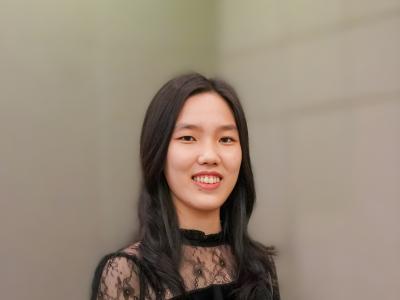
[Feature photo by SMU Business Alumna Zhang Wenxin (Source: SMU Pendeza Facebook)]
Freshies, your plight is real – at SMU, community service comes with a mandatory 80-hour requirement that requires you to get (disproportionately?) interested in a flurry of seemingly-ambiguous project names.
Be it ‘Stepping Stones’ or ‘Pendeza’, Shanghai or Kenya, many of you are probably eager to commit to your first SMU overseas community service project (OCSP) experience. However – as many seniors will agree – the journey of arriving at your OCSP decision matters too, as it ultimately has an impact upon your eventual community service experience.
I speak from experience both as an OCSP participant and subsequently an OCSP project leader. My first OCSP was with Pendeza IV in 2014. We flew as a team to Meru, Kenya, to serve a girls’ home there. There, I learnt what service meant, and also why service matters to me personally. The next year, I decided to take the leap and led the 2015 Pendeza team, Pendeza V. The experience of leading a team, combined with the added opportunity to glean a deeper understanding about service and what it means to serve, was something that I still hold very dear to my heart.

Project Pendeza aspires to reach places in Africa where children live in poverty, to equip them with education and skills that can empower them to escape the poverty cycle. (Source: SMU Pendeza Facebook)
There are a few intuitive steps that you may already have taken to help you with your decision: asking your buddies, reading emailers from our Centre for Social Responsibility (C4SR), and signing yourself up for the relevant info-sessions. These are perhaps the easiest and most obvious ways of narrowing your scope.
On top of these, I would also like to recommend some important next-steps that may help to illuminate your way towards your eventual decision.
1. Find your ‘why’
Some say that their OCSP was the most meaningful experience in their four years SMU. Paradoxically, others considered their OCSP a complete waste of time. The difference? Their reasons for participating. My advice is to take the 80-hour requirement out of the equation, and take the effort to connect with the project that moves you the most.
2. Speak to the project leaders
Most hearsay is based in some truth, but rather than rely on secondhand info, why not take the additional effort to discern the direction, heart, and nature of the projects you are interested in? Getting to know the project leaders as friends gives you a clearer picture of the entire project, and while the leaders may have varying reasons for leading the project, they usually converge on a few core motivations. These will be instrumental in helping you make an informed decision.

Many OCSPs, like Project Namaste in Nepal, collaborate with local NGOs to identify needs on the ground and develop collaborative plans to meet those needs, such as through educational initiatives.
3. Be practical
Whether you’re facing financial issues, missing internship opportunities, or giving up time with your family – always calculate the costs. It is tempting to throw caution to the wind in the name of pursuing your OCSP passion, but if you keep a cool head in the face of practical concerns, your decision will be a sound one.
4. Commit
Once you have decided on an OCSP, commit to it and commit hard. I firmly believe that what you put into serving others – founded upon your motivations for serving – will determine what you get out of the experience in return.

A big part of the reward of taking part in an OCSP is the opportunity to spend quality time with those whom you are serving, to experience how they live and share their lives with them. (Photo: Project Nok Hook, Thailand)
An OCSP can truly be a rich journey of building friendships, growing your worldview, and understanding the true meaning service. All the best in choosing which one to take part in!

